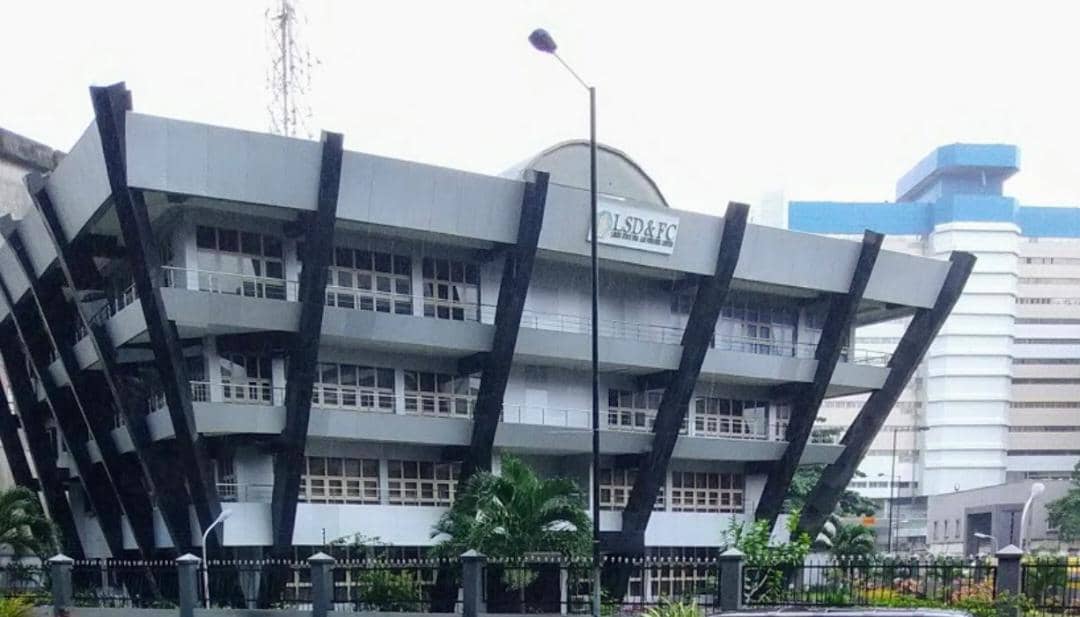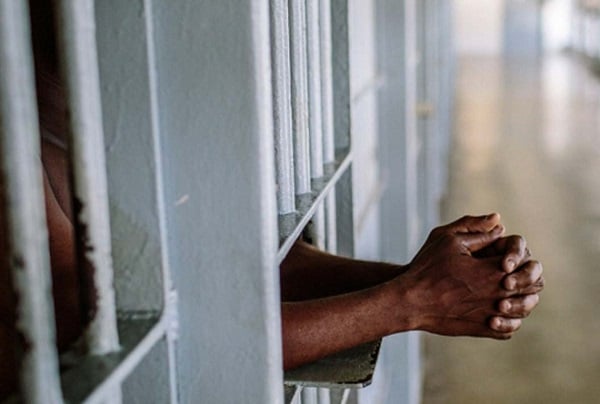The Lagos house of assembly has passed a bill which gives legal backing for the state’s deoxyribonucleic acid (DNA) and forensic centre.
The bill was passed by the house on Monday in a unanimous decision by all the lawmakers at plenary.
In September 2017, Akinwunmi Ambode, former Lagos governor, unveiled the state DNA forensic centre, and it was regarded as the first state-owned DNA and forensic centre in West Africa.
According to the state government, the centre was established to resolve crimes and other paternity issues through forensic analysis.
Advertisement
Babajide Sanwo-Olu, governor of the state, is expected to implement the second phase of the state’s forensic programmes, especially as it relates to the development of forensic toxicology and forensic chemistry units.
In July 2021, the Lagos house of assembly organised a public hearing on the bill to support the establishment of a DNA and forensic centre.
Speaking at the public hearing at the time, Victor Akande, chairman of the house of assembly committee on judiciary, had said “what we are trying to do is to make sure that there are laws guiding this centre”.
Advertisement
The bill gives legal powers to the centre to take specific bodily samples from certain categories of persons for the purposes of DNA analysis; collect, examine, document and preserve evidence which can later be used in the identification of offenders, among others.
The bill also allows the centre to decode family ties and relationships of individuals in order to establish identity, as well as the identification of abandoned or disputed children, and other related issues.
The centre is expected to recommend methods for optimum use of DNA techniques and technologies for administration of justice.
According to a statement by the Lagos assembly, other forensic activities expected to be carried out by the centre include “toxicology, drug chemistry, finger print examination, firearms examination, tool mark examination, ballistics, trace evidence analysis, questioned document examination and digital forensics to obtain evidence relevant to the investigation of criminal offences”.
Advertisement
The bill is also expected to make provisions “for the use of DNA profiles in the investigation of crime and the use of such profiles in proving the innocence or guilt of persons”, and also “provide for the conditions under which the samples for DNA profiles may be retained or destroyed”.
Also in the bill is a provision for the setup of a “DNA database and a DNA Index System in the State”, as well as the establishment of “a DNA bank for storage of reference DNA samples”.
Add a comment





